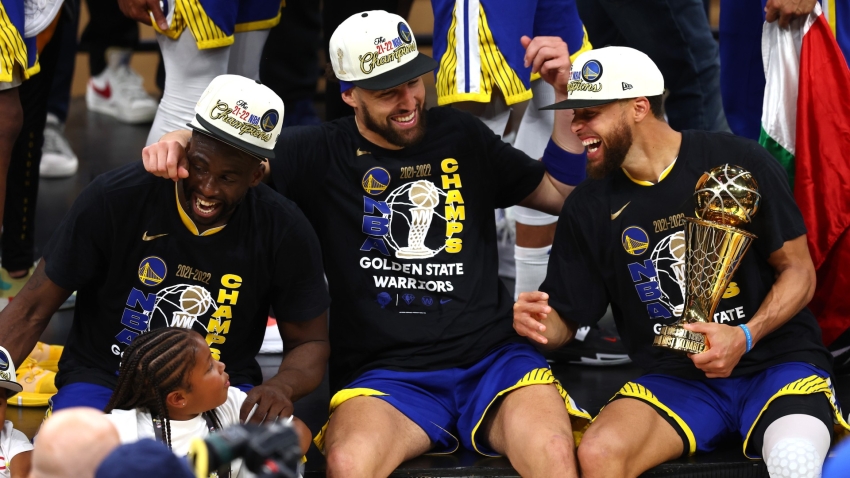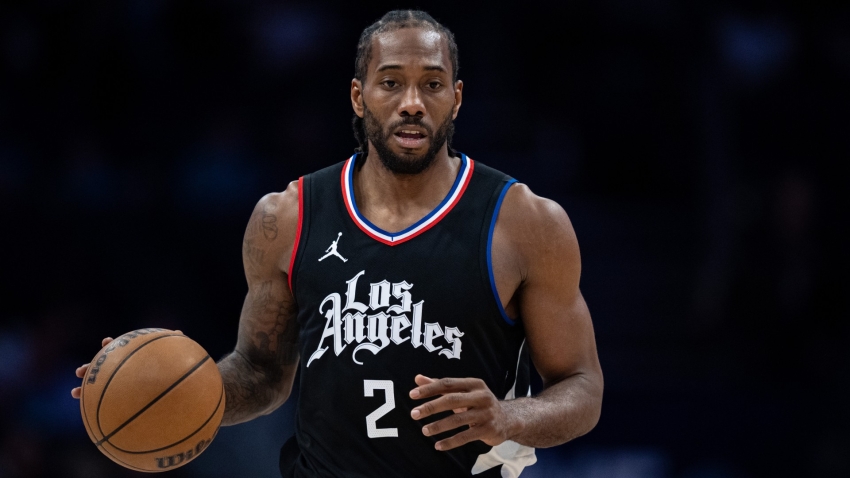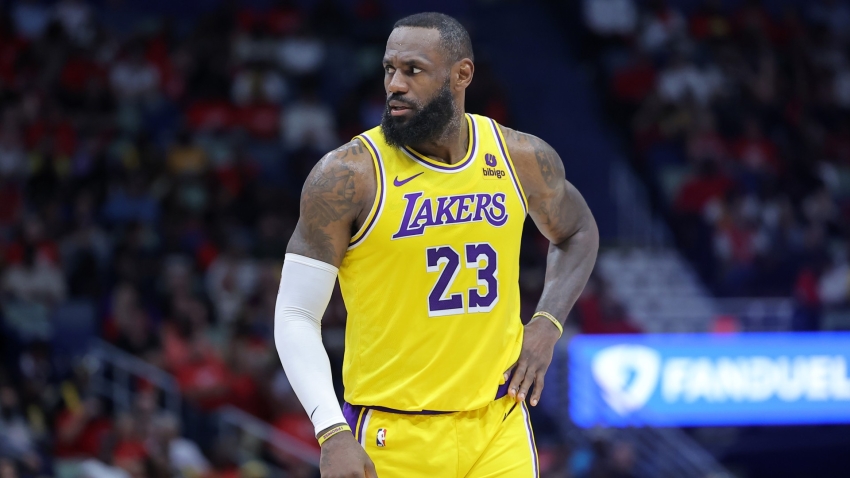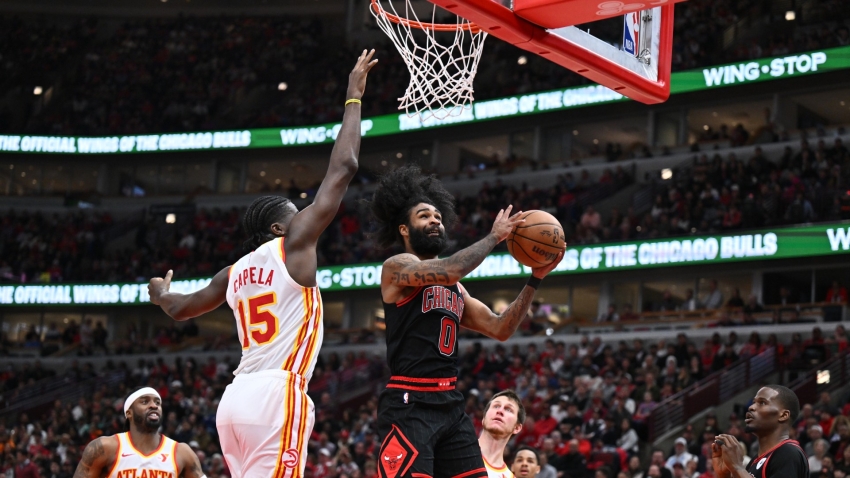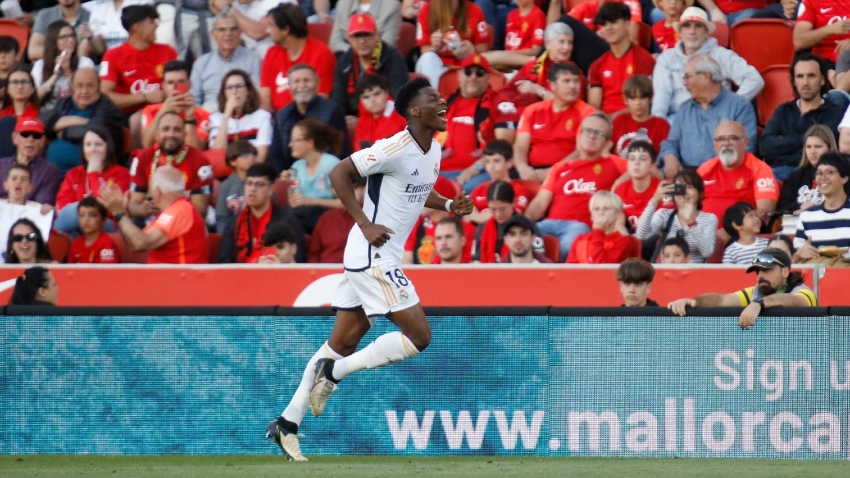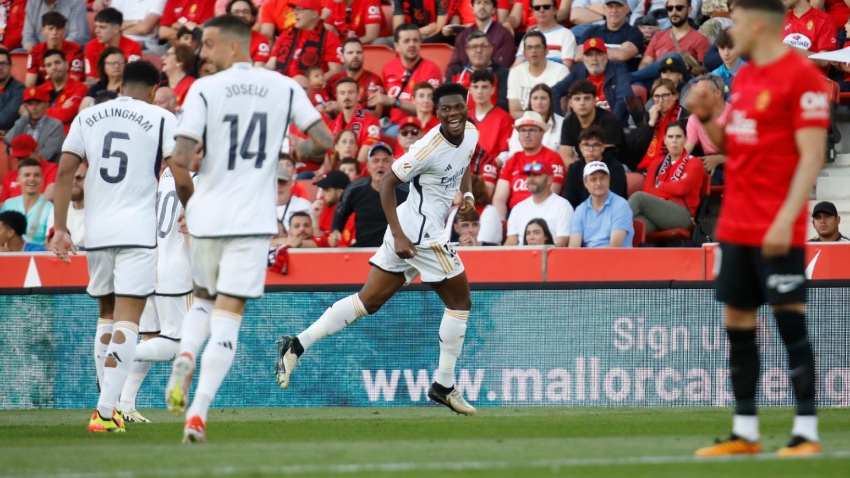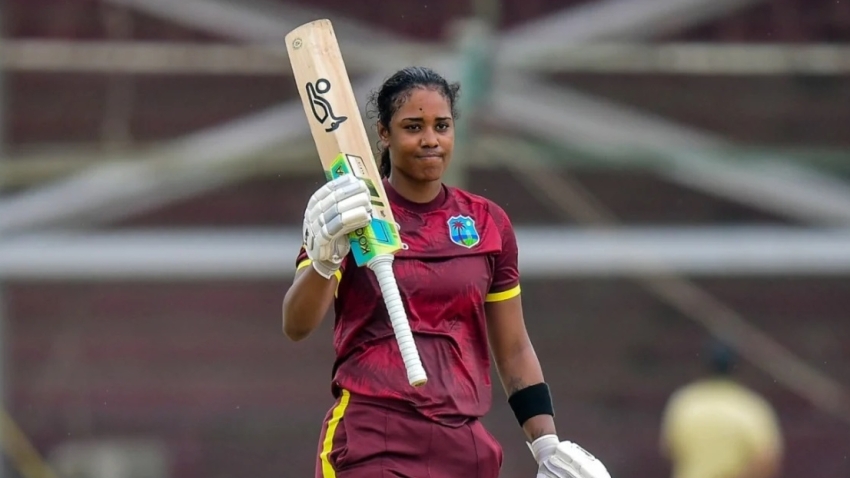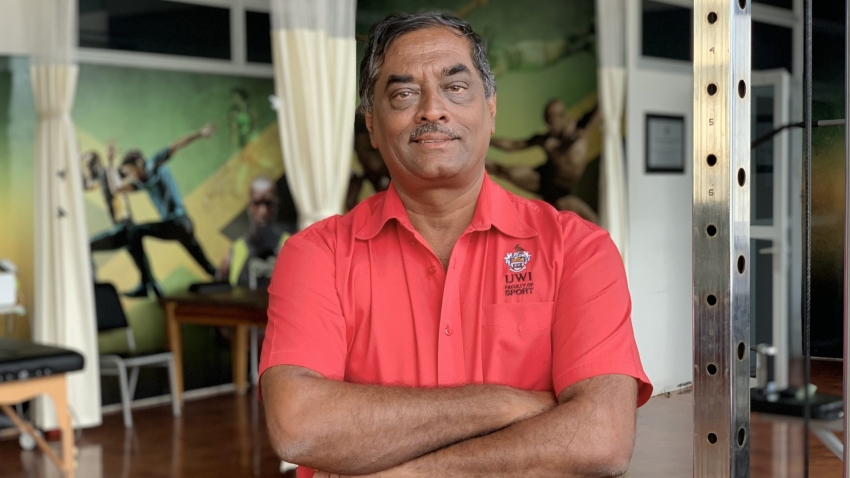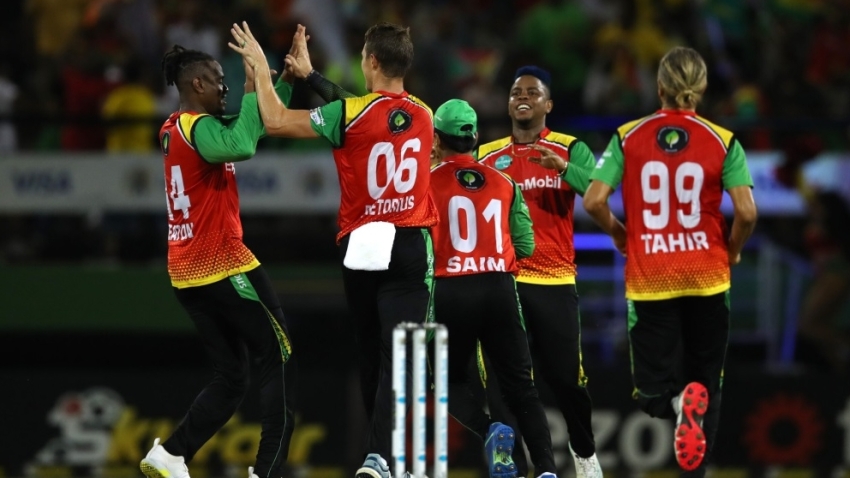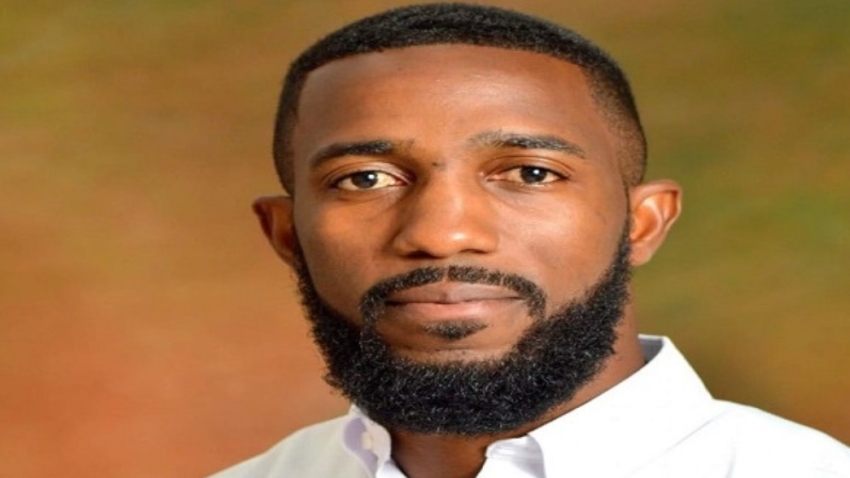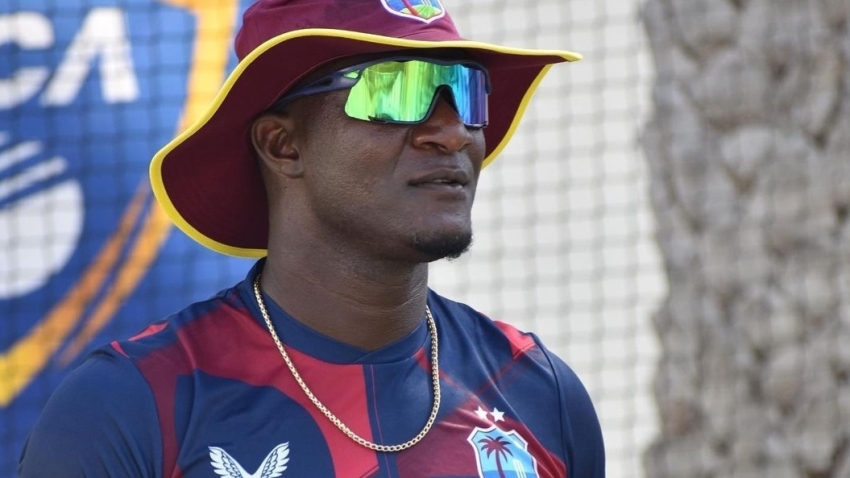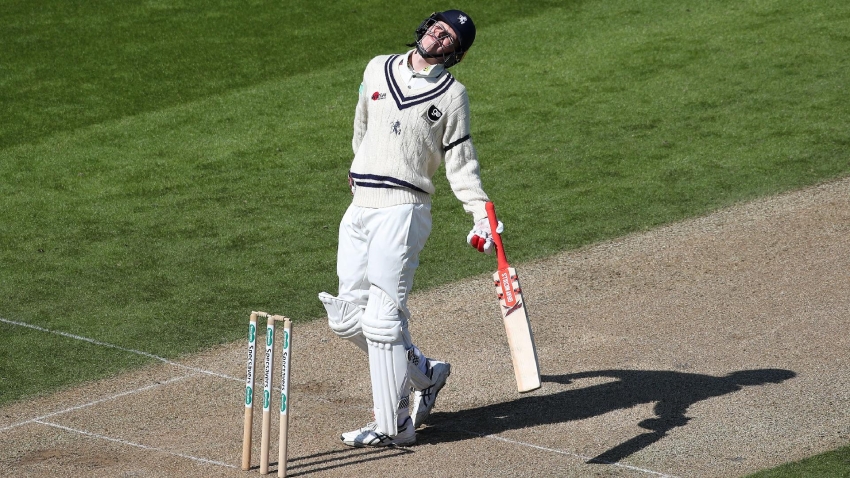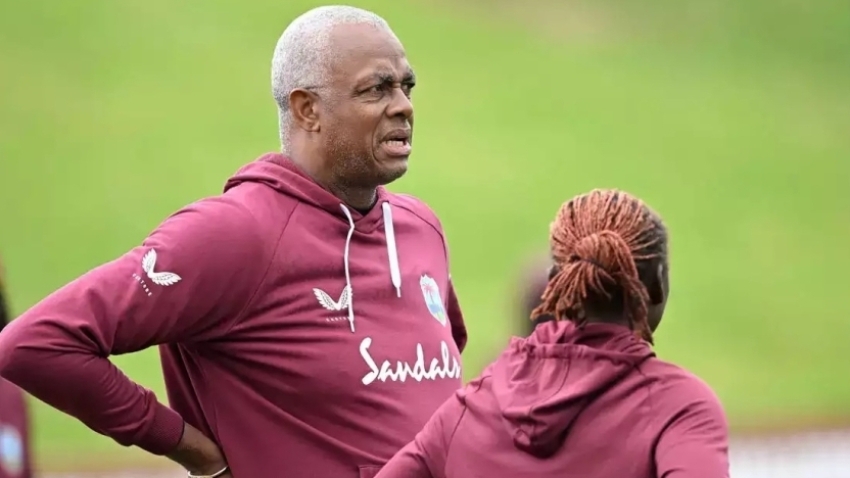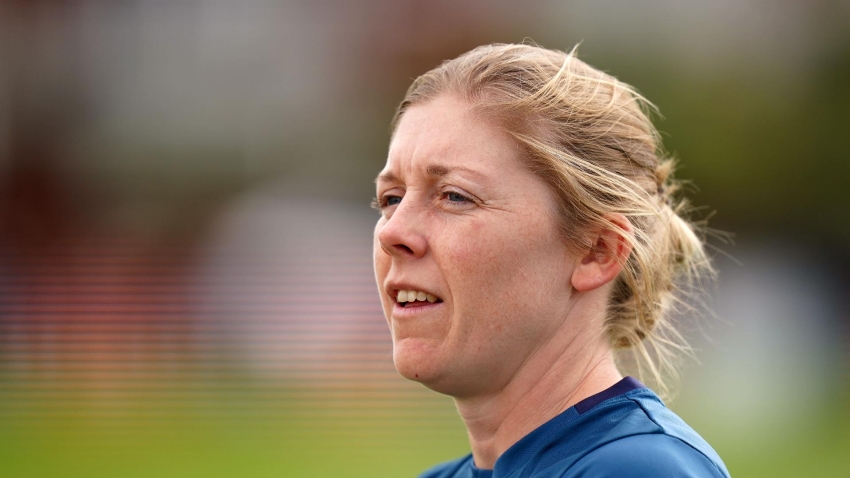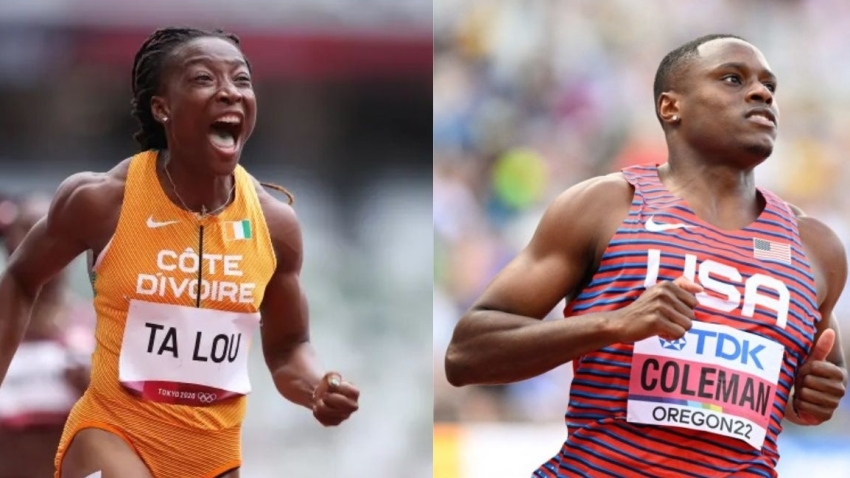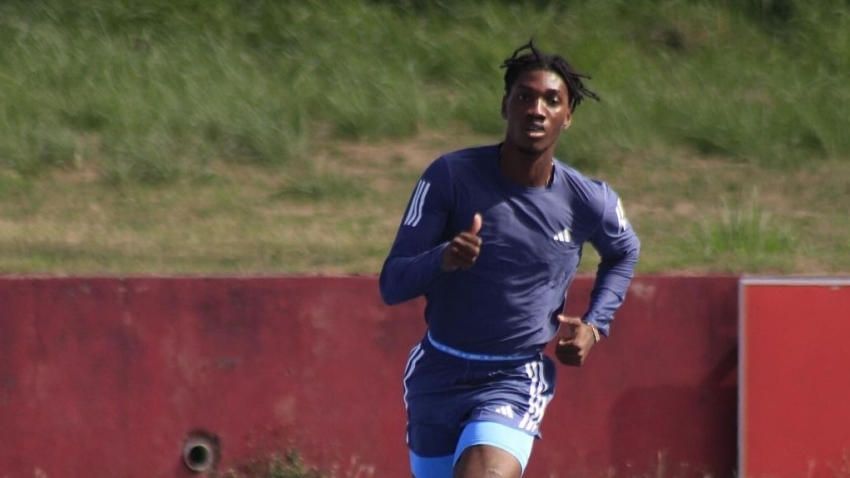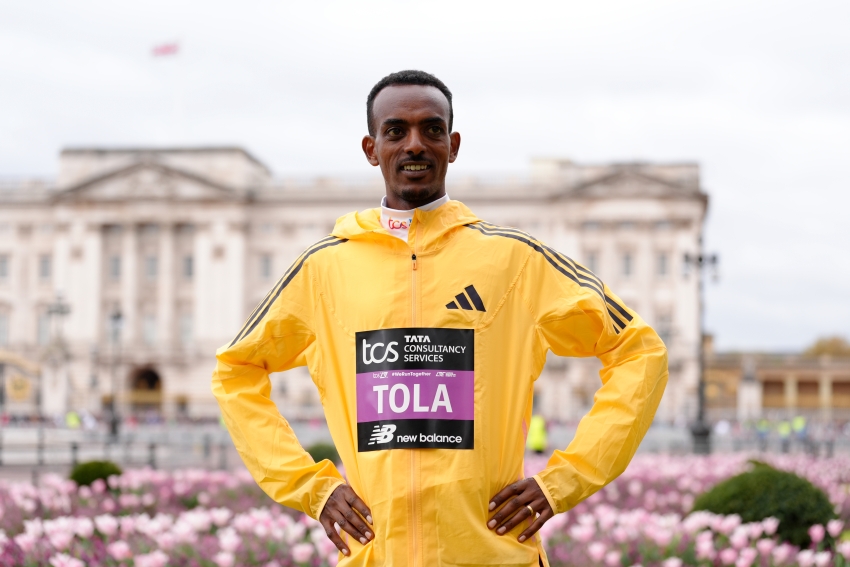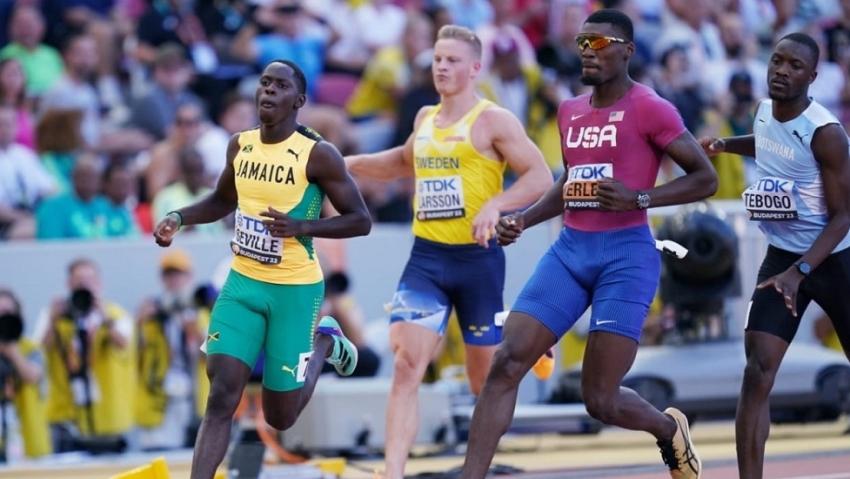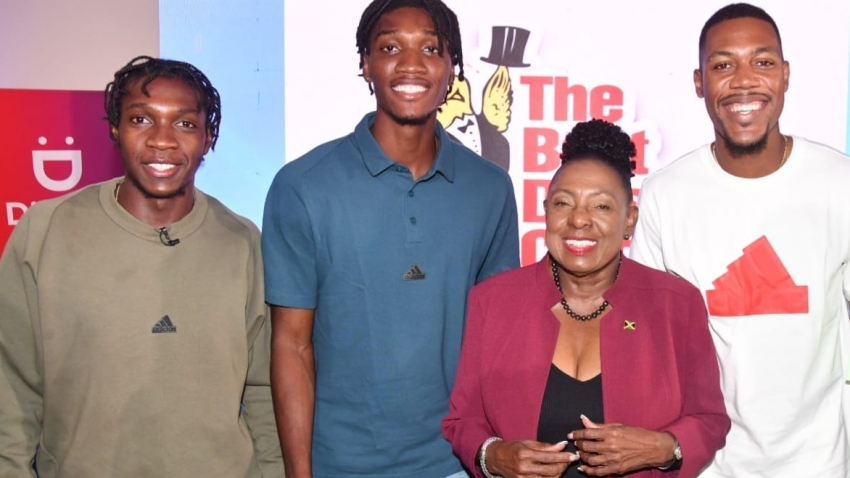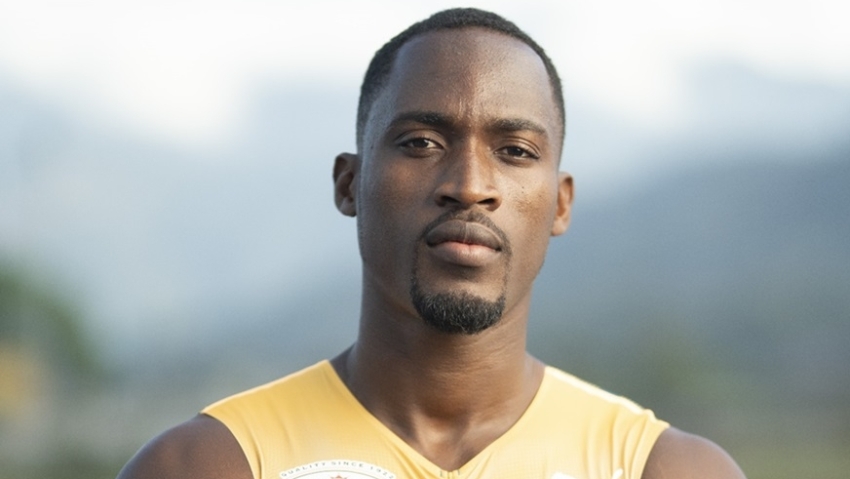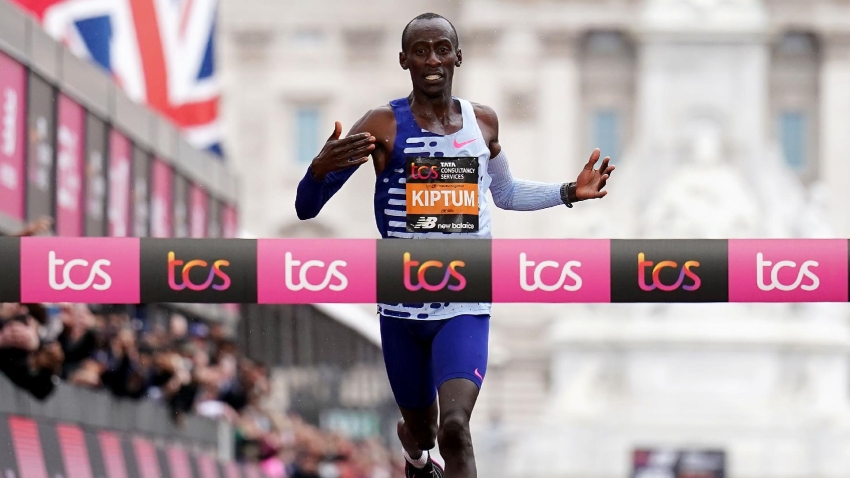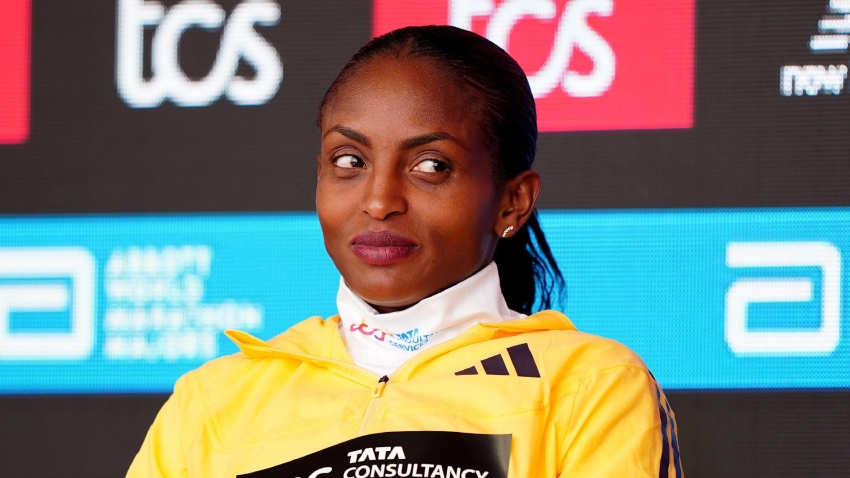Never before has the idea of 'Olympic spirit' been more pertinent as the days close in on a second attempt to stage the 2020 Tokyo Games.
The coronavirus pandemic meant the Olympics had to be postponed for the first time since World War II last year and the ongoing global health crisis has led to continued uncertainty as to whether they can even take place over the rearranged dates of July 23 to August 8.
It is already known that international spectators will not be allowed to travel to Japan, with stadiums to admit only local fans to try to limit the spread of COVID-19.
But, as things stand, it is full steam ahead for Tokyo to finally host the Games of the 32nd Olympiad. As global communities look to match the kind of resolve that makes the Games so special, join us in looking back at 10 of the most memorable moments in Olympics history, with 100 days to go until the action begins.
OWENS DEFIES HITLER AND EARNS LEGENDARY STATUS
It was not just the sensational athletic feats that enshrined Jesse Owens as an all-time great. At the 1936 Olympics in Berlin, Owens – an African American – sensationally won four gold medals, in the 100 metres, 200m, 4x100m relay and the long jump, breaking or equalling nine Olympic records and setting three world records along the way. But what was perhaps even more remarkable was the context of his achievements, with Germany under the Nazi rule of Adolf Hitler. Owens' success struck a blow to Hitler's propaganda drive and disproved his theory of Aryan racial superiority. In 1984, Carl Lewis would emulate his idol by winning the same four events in Los Angeles.
BEAMON'S LEAP OF THE CENTURY
The 1968 Games were held amid a tense local political backdrop, with many protesters having been killed by the army 10 days before the Olympics in Mexico City. During the Games, black Americans Tommie Smith and John Carlos - the 200m gold and bronze medallists - gave the Black Power salute on the podium, standing alongside Australian Peter Norman who wore a badge in support of Smith and Carlos' Olympic Project for Human Rights. A day later, Bob Beamon pulled his socks high up in support of his compatriots having achieved what would be known as the 'Leap of the Century'. The New Yorker - who had a troubled upbringing - leapt an astonishing 8.90 metres (29 feet, two and a half inches), which was 55 centimetres better than the previous world record. The jump was so remarkable that officials had to measure its distance manually as the optical device being used at the Games did not reach far enough. To this day, it remains an Olympic record, though the world benchmark belongs to Mike Powell, who jumped 8.95m in 1991.
NADIA'S A PERFECT 10
Prior to the 1976 Games in Montreal, the idea of a 'Perfect 10' in gymnastics felt like somewhat of a fable – an impossible quest. And then a 14-year-old from Romania caught the imagination and the hearts of the watching world on the uneven bars. Nadia Comaneci achieved the impossible, becoming the first gymnast in Olympics history to score a 10 … not that it was immediately obvious. Because the scoreboard allowed for only three digits, Comaneci's score showed up as '1.00'. It was only when the announcer confirmed the score that an elated crowd erupted in celebration. Comaneci would go on to achieve the feat six more times at the Games, while becoming the youngest all-round Olympic gold medallist ever.
HEART AND SEOUL AS FLO-JO SETS RECORDS TUMBLING
The remarkable thing about Florence Griffith Joyner's achievements in 1988 is how relatively ordinary she had been prior to dazzling in Seoul. A silver four years earlier in the 200m came with the caveat of Russia, East Germany and most of the Eastern Bloc opting to boycott the Games. 'Flo Jo' had seemingly given up on athletics completely in 1986, working as a bank clerk and hair stylist before returning in 1987, shedding weight and finishing second in the 200m at that year's World Championship. Considered a decent but not elite 100m runner, all of that changed when 'Flo-Jo' smashed the women's 100m world record with a time of 10.49 at the US Olympic trials in July 1988. She said her transformation was based on modelling her training on that of Canadian Ben Johnson. Johnson famously won the men's 100m in Seoul in what was a world-record time of 9.79s, only to hand the gold medal after failing a drugs test, giving sport one of its most shocking moments. Yet at the same Games, 'Flo-Jo' was the flamboyant queen of the track, taking gold in the 100m, 200m and 4x100m – the former in an Olympic-record time of 10.54 that stands to this day, and the 200m in a world record of 21.34 that also remains unsurpassed. She died in 1998 after a seizure, a tragic end to a staggering story.
JOHNSON AWESOME IN ATALANTA
Before Bolt came along, there was another man who held the unofficial moniker of fastest man on the planet. Michael Johnson's achievement in the 1996 Olympic Games led legendary commentator David Coleman to profess: "This man is surely not human." Just three days after claiming the 400m title, Johnson left rivals in his wake with an astonishing performance in the 200m where his time of 19.32 seconds beat his own world record by over three tenths of a second. It was a benchmark that would stand until Bolt came along with a staggering 19.30s in the final of the 2008 Olympics, later going even quicker with a mind-boggling 19.19 at the 2009 World Championships in Berlin.
FREEMAN THE SYMBOL OF UNITY IN SYDNEY SPACESUIT
Cathy Freeman was the poster girl of the 2000 Sydney Olympics – and Australia's only realistic hope of an athletics gold delivered in memorable style. Her face could be seen on billboards, buses and newspaper front pages throughout the country. Freeman represented more than just an athlete of supreme talent, for the Aboriginal superstar became viewed as a figure of unity, a symbol of reconciliation in Australia. Few will forget the sight of Freeman lighting the flame for the Games, which grew around her in front of a waterfall and left the perception she was floating in mid air. A silver medallist four years previously in Atlanta, the noise of over 112,000 fans caused a deafening roar as Freeman's face was shown on the giant television screens prior to the 400m final on September 25. In her now famous 'spacesuit', Freeman trailed Lorraine Graham and Katharine Merry heading into the final bend but left her rivals in her wake down the straight to claim a memorable gold - Australia's 100th in Olympics history.
STEVE'S FIVE GOLD RINGS LEAVE RIVALS IN OAR
"If anyone sees me go near a boat, you've got my permission to shoot me." Those were the famous words uttered by Steve Redgrave as he won a fourth gold medal at Atlanta 1996, in the coxless pair alongside Matthew Pinsent. But the lure of history proved too much and four years later, here he was again in Sydney competing this time as part of the coxless four and, at the age of 38, winning a fifth Olympic gold – at the time the first Briton to do so. He was the first endurance athlete who could claim to have won five golds at consecutive Games – doing so between 1984 and 2000.
HOLMES DOUBLES UP IN ATHENS
A promising career beset by injuries and illness took its toll on Kelly Holmes, who would later open up on her battle with clinical depression. But the countless hours spent in training, and gruelling rehab sessions, would be rewarded in the most magical of ways across six glorious days at Athens in 2004. The Briton had always harboured dreams of being a 1,500m Olympic champion and was in two minds as to whether she would even compete in the 800m. But race she did, and a textbook in tactics paid dividends as Holmes bided her time among a strong pace to take the lead on the final bend and hold off Hasna Benhassi and Jolanda Ceplak on the line. Just five days later, Holmes would again race towards the back of the pack in the 1,500m before hitting the front on the final straight to defeat world champion Tatyana Tomashova. Holmes became only the third woman in history and the first Briton since Albert Hill 84 years earlier to win an 800m and 1,500m Olympic double in a memorable triumph against adversity.
MAGIC 8 FOR RECORD-BREAKING PHELPS
Four years prior to competing in Beijing, swimming sensation Michael Phelps had collected six golds and two bronze medals at the Athens Games. No Greek tragedy by any stretch, but it was in Beijing where Phelps made history – winning eight gold medals, the most in a single Olympics, beating the record of fellow American swimming legend Mark Spitz who won seven in 1972. Having levelled the tally with a narrow triumph over Milorad Cavic in the 100m butterfly, Phelps' moment of history arrived in the 4x100m relay medley as the USA stormed to victory. Phelps competed five Games between 2000 and 2016, and his tally of 28 Olympic medals is a record.
LIGHTNING BOLT A BLUR IN BEIJING
No list of great Olympic moments would be complete without one of the greatest athletes of all time. In 2008, if you had blinked you could almost have missed Usain Bolt tearing to 100 metres glory as he broke his own world record in a time of 9.69 seconds - a time he would beat with an astonishing 9.58 in Berlin a year later. Bolt's remarkable performance set the tone for an unrivalled period of sprinting dominance as he took gold in the 100m and 200m at the 2008, 2012 and 2016 Games. Jamaica also won the 4x100m relay in each of the Olympics where Bolt competed, and only a doping test positive for a relay team-mate saw him finish his career with eight Olympic golds instead of nine.


